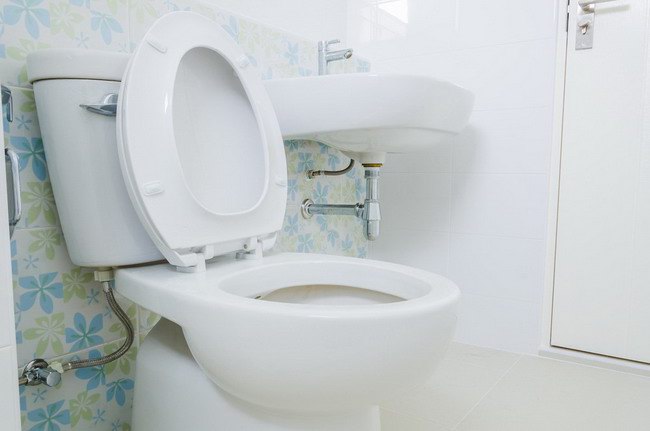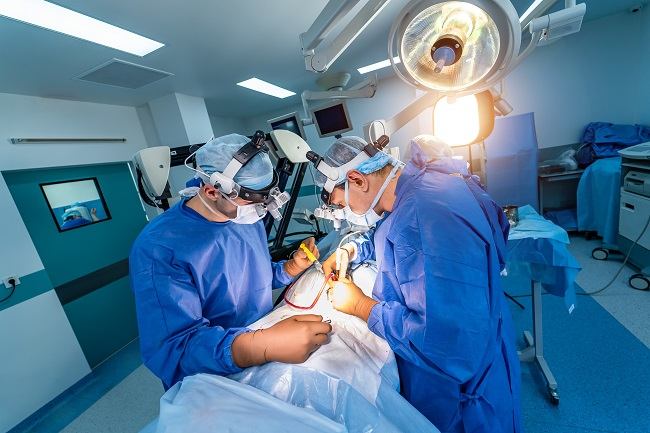There are many assumptions that keeping animals while pregnant can harm the fetus. Although this assumption is true, it does not mean that pregnant women should not have pets at all. Having an animal while pregnant does have risks, but there are also benefits.
Having a pet can be entertainment in itself and can liven up the atmosphere at home. However, many married couples who are planning or undergoing a pregnancy are afraid to raise animals.

The reason is of course for fear of harming the fetus. In fact, keeping an animal while pregnant is actually not a problem as long as the pet is kept clean.
If pregnant women are often in close proximity to animals that are not cared for or wild animals, this can increase the risk of disruption to pregnancy and the fetus.
The Risks of Keeping Animals While Pregnant
Wild animals or animals that are not cared for are often intermediaries or places to live for various types of germs that cause dangerous diseases, especially for pregnant women and fetuses.
The following are some diseases that can be caused by pets:
1. Toxoplasmosis
Toxoplasmosis is an infection caused by a parasite Toxoplasma gondii. This parasite is dangerous because it can enter the placenta and cause fetal harm, premature birth, and even miscarriage.
If pregnant women have pets at home, especially cats, make sure the condition of the animal is clean and healthy. As much as possible, stay away from animal waste and do not clean the animal cage yourself.
This is important so that pregnant women can avoid parasitic infections T. gondii cause of toxoplasmosis.
2. Salmonellosis
Salmonellosis is an infection caused by the bacterium Salmonella. This bacterium is commonly found in water and food that has been contaminated with animal feces infected with the bacteria.
Salmonellosis can affect children and adults, including pregnant women. This disease is more at risk of occurring in a dirty environment or having poor sanitation.
Patients with salmonellosis may experience symptoms such as fever, vomiting, stomach cramps, and diarrhea. Infected pregnant women Salmonella can also transmit this disease to the fetus. In the fetus, bacterial infection Salmonella can increase the risk of meningitis and severe infection or sepsis.
3. Lymphocytic choriomeningitis
Lymphocytic choriomeningitis is a disease caused by lymphocytic choriomeningitis mammarenavirus (LCMV). The virus is commonly found in wild rats. However, pets such as hamsters can also transmit the virus.
This disease can cause flu-like symptoms and will get better on its own. However, pregnant women who are infected with this virus can transmit it to the fetus, causing miscarriage or congenital abnormalities from birth.
4. Rabies
Rabies is caused by the rabies virus and can be spread by animals, such as dogs, through the saliva that has contracted the virus. This disease can cause symptoms such as fever, chills, muscle weakness, restlessness, confusion, and can not stand water.
Pregnant women who keep dogs at home need to get a rabies vaccine shot. In addition, the health and hygiene of pet dogs also need to be maintained. Pet dogs also need to get an injection of a special animal rabies vaccine to prevent them from getting the disease and transmitting it to pregnant women.
Benefits of Keeping Animals While Pregnant
Although it has several risks, raising animals during pregnancy can actually provide benefits for pregnant women. Some of the benefits of raising animals during pregnancy include:
Make the body more active
Keeping pets, such as dogs and cats, can make pregnant women more active. Thus, it can keep pregnant women active and fit and have a lower risk of developing complications during pregnancy.
Boost the immune system
A study shows that some children born to parents who have pets tend to have a stronger immune system or immune system. Not only that, good immunity is also said to reduce the baby's risk of developing allergies and obesity later in life.
Tips for Safe Keeping Animals During Pregnancy
If you want or already have a pet, pregnant women need to apply the following tips so that raising an animal while pregnant does not invite danger:
- Avoid direct contact with animal waste.
- Make sure your pet has been vaccinated.
- Wash hands with running water and soap after interacting with pets.
- Ask someone else to help clean the animal cage.
If no one else can help clean the cage and pet waste, pregnant women need to wear gloves and a mask when cleaning animal waste.
Pregnant women may need to reconsider the risks and benefits of having a pet while pregnant. However, if pets are always well cared for and always kept clean, pregnant women don't need to worry. how come.
The important thing that pregnant women need to do is check the condition of their pregnancy regularly to the obstetrician. That way, doctors can detect early if there are abnormalities in the womb or fetus and provide appropriate treatment.









